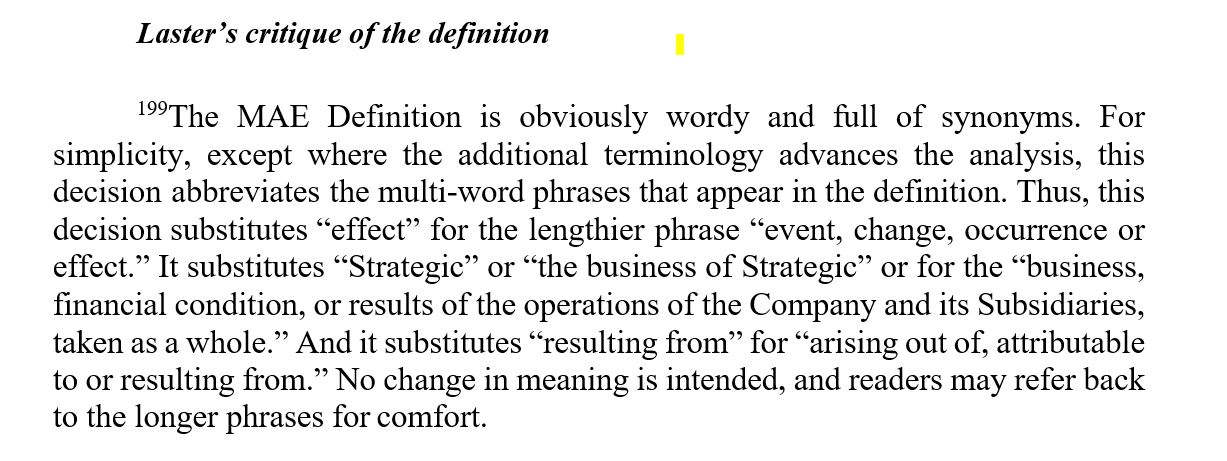Punctuation: Colons
Touted as the “magician” of punctuation by Noah Lukeman, the colon is as potent as it is versatile. But do you make full use of this versatility, or do you confine your colon use to more pedestrian purposes, like introducing quotes and lists? Here’s a list of several colon uses for you: some you may know, and some you may not.

(1) To Introduce an Explanation or Elaboration:
- Use: The colon says to the reader, “Attention, I’m about to explain or clarify that last point.”
- Example: “I grabbed my bag, put on my coat, and stepped out the door: I wasn’t going back.” Here, the colon says to the reader that you’re about to explain why I did these things: because the actor is leaving for good.
- Note: Unlike a semicolon, the second clause need not be an independent clause.
(2) To Summarize:
- Use: Along with the colon’s ability to signal an explanation or elaboration, it can signal an upcoming summary or restatement of a previous point.
- Example: “The legal standard had been met: the evidence was clear and convincing.”
(3) For Clarity and Conciseness:
- Use: Whenever you feel like writing “due to the fact that,” “as a result,” “therefore,” “for that reason,” “accordingly,” or even “because,” consider using a colon instead to make the reader ask “why.”
- Example: “Even in the face of indisputable guilty, the jury still did not convict: the concerning police overreach clearly struck a nerve.”
(4) To Introduce a List:
- Use: A colon can introduce a list, but only if what precedes the colon is an independent clause (a full thought with a subject and verb that can stand on its own).
- Example: “The judge cited three reasons for his decision: the defendant’s previous convictions, the severity of the crime, and the preponderance of evidence.”
(5) To Introduce a Quotation:
- Use: A colon can be used to introduce blockquotes (quotes of 49 words or greater), or to introduce quotes with a dramatic emphasis.
- Example: “But plaintiff instead argued for different relief: an injunction.”
And the best way for you to make sure you understand this lesson: practice problems!
 By
By



